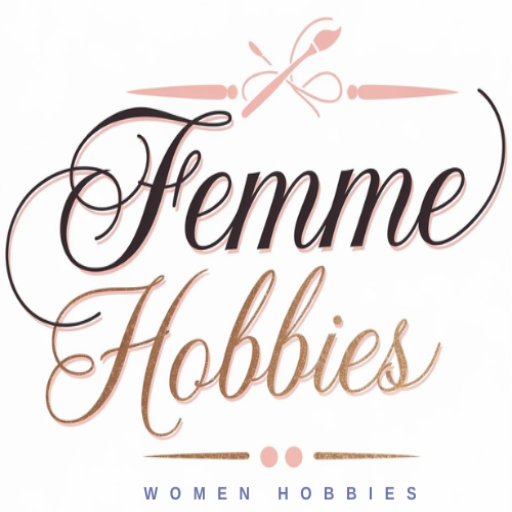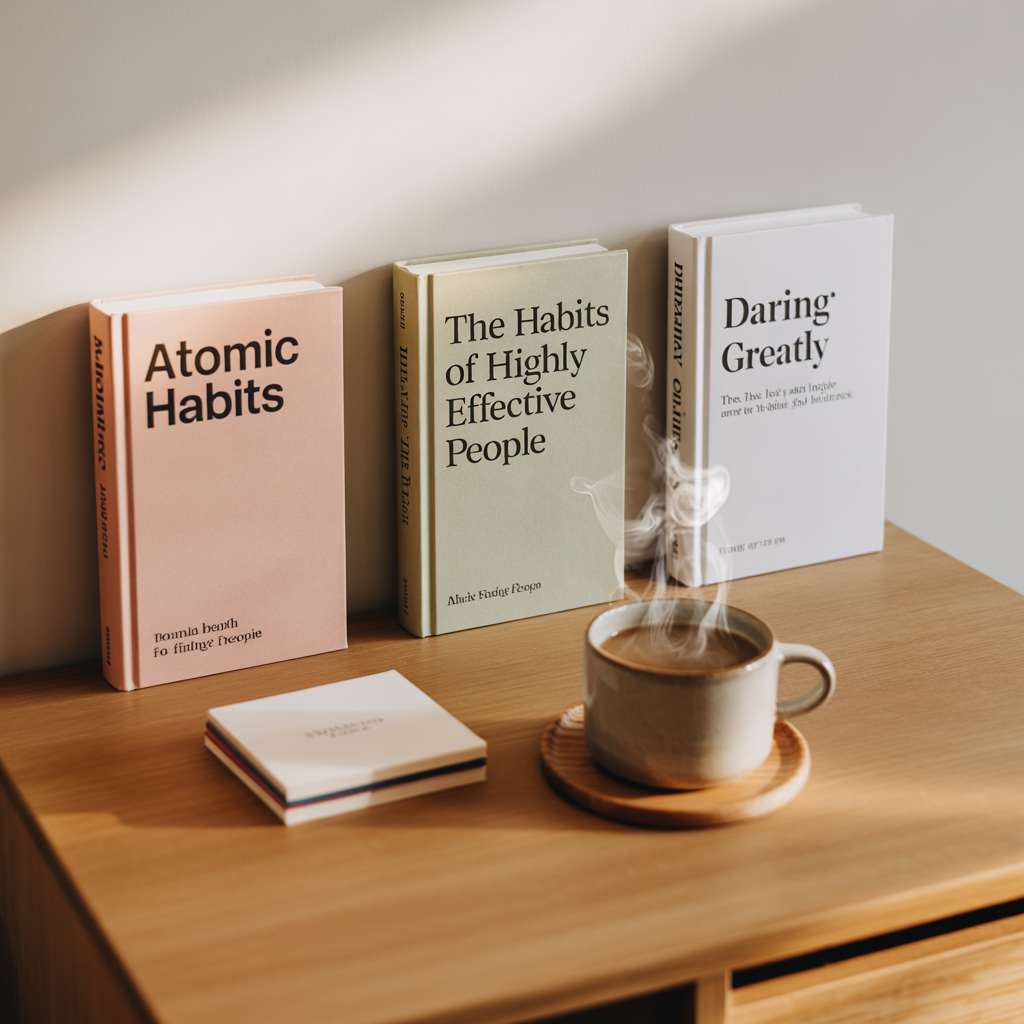Ever stood in front of the self-help section, feeling both inspired and completely paralyzed? So many promises, so many bright covers. Which self improvement books actually work? I have been there. Over the past decade, I’ve moved from skeptic to avid reader, treating these books as tools in a toolkit rather than magic bullets.
This list isn’t just scraped from the internet. It’s a curated collection based on my own journey, cross-referenced with recommendations from top psychologists, perennial bestseller lists, and in-depth explorations of communities like Reddit’s r/selfimprovement. I have read the hyped books and the hidden gems to separate the transformative from the merely trendy.
My goal is to match you with the right book for where you are right now. Whether you are rebuilding after a setback, launching a business, or just trying to get your head on straight, there’s a book here for you. I am happy to share my knowledge with you. No fluff, no false promises, just honest recommendations from someone who’s walked this path.
The Unshakeable Titans: Best Self-Improvement Books of All Time
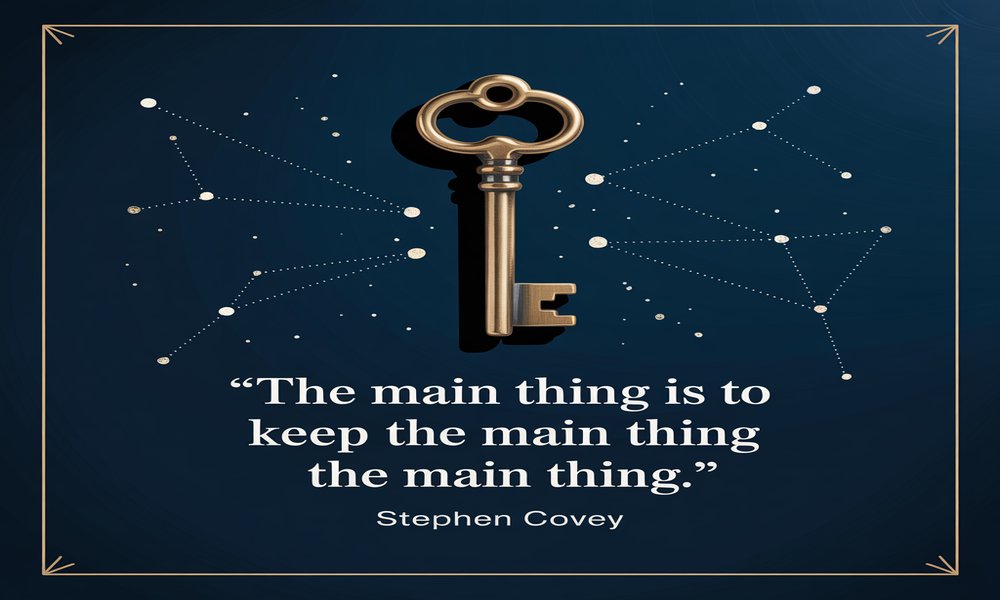
These are the classics for a reason. They’ve sold millions because their core principles are timeless. Think of this as your foundational education.
One of the most practical frameworks for lasting self-improvement comes from James Clear’s Atomic Habits, which shows how small daily actions can compound into remarkable long-term results.
Atomic Habits by James Clear
Clear’s masterpiece breaks down the science of habit formation into actionable steps. The 1% better philosophy isn’t just motivational, it’s mathematically sound. When I tried habit stacking from this book, I finally built a morning routine that actually stuck. It felt like magic, but it was really just small, consistent steps. What sets this apart is the practical framework: cue, craving, response, reward. I have watched friends transform their lives using just the habit stacking technique from Chapter 5.
Why it’s here: It’s the most practical, actionable system for change ever written. No willpower required, just smart systems.
Man’s Search for Meaning by Viktor E. Frankl
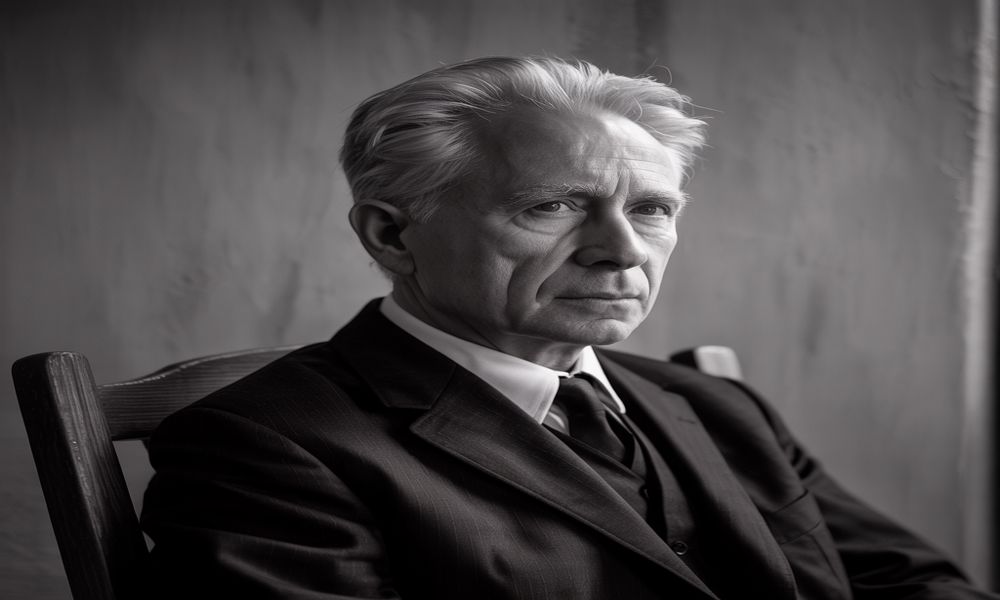
Frankl’s work is more than self-improvement; it’s a meaningful lesson in human psychology forged in the unimaginable hardship of the Holocaust. His theory of logotherapy—that our primary drive is not pleasure, but the discovery and pursuit of what we find meaningful—can change your perspective on suffering and purpose. This isn’t a book you enjoy; it’s a book that stays with you forever.
Why it’s here: It offers arguably the most powerful perspective ever written on finding purpose, the ultimate foundation for any self-improvement journey.
Sometimes a few words can completely shift your mindset—our positive affirmations for women are a great way to start each day with clarity and confidence.
The 7 Habits of Highly Effective People by Stephen R. Covey
Covey’s principle-centered approach focuses on character ethics rather than personality techniques. Begin with the End in Mind and Seek First to Understand, Then to Be Understood aren’t just business mantras; they are life philosophies. This book taught me the difference between being busy and being effective.
Why it’s here: It addresses the foundation of effectiveness: your character and principles. My dad gave me this book years ago, and I didn’t get it at first. But re-reading it later, especially the section on ‘sharpening the saw,’ changed how I approached burnout.
How to Win Friends and Influence People by Dale Carnegie
Despite its age, Carnegie’s insights into human nature remain startlingly relevant. This is not about manipulation—it’s about genuine connection. The chapter on remembering names alone has transformed countless professional relationships. Carnegie understood something fundamental: people want to feel heard and valued.
Why it’s here: It’s the definitive guide to social intelligence and authentic relationships.
Mindset: The New Psychology of Success by Carol S. Dweck
Dweck’s research on fixed versus growth mindsets revolutionized how we think about ability and intelligence. The concept is simple but profound: believing you can improve makes you more likely to improve. This book changed how I view every challenge and setback.
Why it’s here: It rewires your relationship with failure and learning.
The Power of Now by Eckhart Tolle
For those seeking spiritual and mindfulness-based improvement, Tolle’s work addresses the root of anxiety, living everywhere except the present moment. His writing can be solid, but the core message is liberating: most suffering comes from mental time travel.
Why it’s here: It tackles the fundamental source of human suffering and offers a path to inner peace. I remember reading a few pages and putting the book down just to breathe. It was the first time I realized how rarely I was fully present.
The Modern Masterpieces: Best Self-Improvement Books 2025
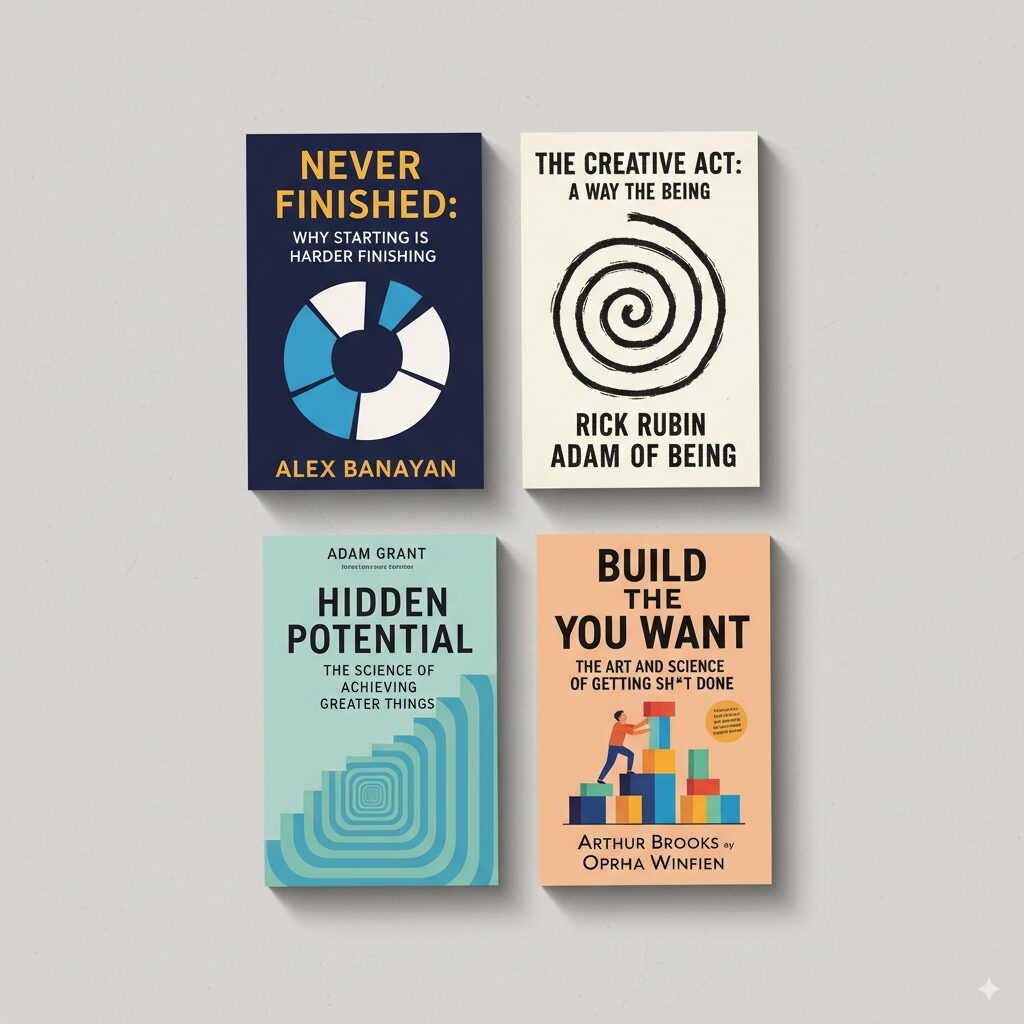
The conversation around growth evolves. These recent releases (from 2023-2024) tackle modern problems with fresh, evidence-based perspectives, and give us a hint of where the genre is heading in 2025.
Hidden Potential: The Science of Achieving Greater Things by Adam Grant
Grant, an organizational psychologist, shifts the focus from innate talent to the systems and character skills that allow us to improve. He explores how to be a better learner, how to build character, and how to create environments where everyone can rise. It’s a fascinating, research-driven look at how we can all achieve more than we think.
Why it’s here: It provides a science-backed, uplifting roadmap for growth that feels both achievable and revolutionary.
Never Finished by David Goggins
Goggins’ extreme approach isn’t for everyone, but his core message is universal: destroying your lazy identity. This book goes beyond his first book’s can’t hurt me philosophy to explore continuous improvement. His intensity might seem over the top, but the underlying principle, that we are capable of far more than we believe, resonates deeply.
Why it’s here: It’s the ultimate call to arms against mediocrity and self-imposed limitations.
The Creative Act: A Way of Being by Rick Rubin
Don’t let the title fool you—this isn’t just for artists. Rubin’s philosophical approach to creativity applies to any area of life where you want to think differently. His insights on attention, patience, and the creative process offer a refreshing perspective on how to approach problems.
Why it’s here: It’s a profound, meditative take on how to see the world with fresh eyes.
Build the Life You Want by Arthur C. Brooks and Oprah Winfrey
This collaboration brings together Brooks’ research on happiness science with Oprah’s practical wisdom. The book translates complex psychological research into actionable strategies for well-being. It’s evidence-based optimism without toxic positivity.
Why it’s here: It combines credible science with relatable, practical advice from two trusted voices.
For the Next Generation: Self-Improvement Books for Young Adults

The challenges in your twenties and teens are unique: identity formation, starting, and social pressure. These books get it.
The Defining Decade by Meg Jay
Jay’s research-backed argument that your twenties are not a throwaway decade hits hard. She addresses work, love, and brain development with both compassion and urgency. This book debunks the myth that you have endless time to figure things out.
Why it’s here: It provides crucial, science-based advice for the most formative decade of adult life.
The Subtle Art of Not Giving a F*ck by Mark Manson
Manson’s counterintuitive approach appeals to a generation burned out on relentless positivity. His central thesis, that we have limited f*cks to give, so choose wisely, resonates with young adults facing infinite choices and expectations.
Why it’s here: It teaches the art of choosing what truly matters in an age of endless options.
Daring Greatly by Brené Brown
Brown’s research on vulnerability and shame offers powerful tools for forming authentic relationships. For young adults navigating social media, dating, and career pressures, her insights on courage and connection are invaluable.
Why it’s here: It provides a roadmap for authentic living in an often inauthentic world. This one hit me hard. I underlined so many pages because it felt like Brené was talking directly about my own fears of not being ‘enough.
Niche Needs: Books for Specific Challenges
The challenges in your teens and twenties are unique: identity formation, starting, and intense social pressure. These books get it.
For Anxiety and Overthinking: Why Has Nobody Told Me This Before? By Dr. Julie Smith
Dr. Smith’s practical, CBT-based tools are presented in a digestible, Instagram-friendly format without losing their effectiveness. Each chapter offers concrete techniques you can implement immediately.
For Productivity and Focus: Deep Work by Cal Newport
Newport’s rules for focused success in a distracted world feel more relevant than ever. His argument that deep work is becoming increasingly rare, and therefore valuable, resonates in our notification-heavy culture.
For Leadership: Dare to Lead by Brené Brown
Brown applies her vulnerability research to leadership, arguing that courage and empathy are competitive advantages, not weaknesses. This book redefines what strong leadership looks like.
For Men’s Perspectives: 12 Rules for Life by Jordan B. Peterson
Despite controversy surrounding the author, the book’s emphasis on personal responsibility and meaning resonates with many readers. Peterson’s rules offer structure for those feeling adrift.
How to Actually Read Them: Audiobooks, Digital Access, and Smart Consumption
A great book is useless if you don’t read it. Here’s how to fit them into your life.
Best Self-Improvement Books on Audiobook
Some books shine in audio format. David Goggins narrating his own work is an intense experience that adds to the impact. Atomic Habits translates beautifully to audio—perfect for commutes. The 7 Habits works well for audio because of its structured, repeatable framework.
Kindle Unlimited Options
Several quality titles rotate through Kindle Unlimited, including The Subtle Art of Not Giving a F*ck and various classics. Check the service regularly as availability changes monthly.
A Word on Free PDFs
While the temptation to find free PDF downloads is understandable, I highly recommend purchasing books or borrowing them from your library. Authors pour their lives into this work, and buying supports them in creating more. Your local library’s digital app (Libby, Hoopla) offers almost all of these titles for free and legally.

Your Growth Journey Starts With One Book
The best self-help book isn’t the one everyone is raving about—it’s the one that speaks to you in this season of life. In my experience, change doesn’t come from reading dozens of books; it comes when you take one idea from one book and actually put it into practice.
So don’t overthink it. Pick a book from this list that really resonates, whether it’s the practical system in Atomic Habits, the raw wisdom in The Mountain Is You, or the timeless guidance in The 7 Habits. Then commit to applying what you learn.
Self-improvement doesn’t have to feel overwhelming anymore. Think of this as a curated path you can actually follow, built on real results and lived experience. Your journey to becoming the woman you want to be starts the moment you open that first page.Now I’m curious—what’s the one book that has made the biggest impact on your life? And is there a favorite I didn’t mention? Share it with me, I’d love to hear.
If you’re looking for even more ideas, check out our comprehensive guide on hobbies for women where we’ve listed 100+ fun activities.
Frequently Asked Questions
The best self-improvement books combine research-backed insights with practical application. They offer specific tools rather than vague inspiration, and their advice can be implemented immediately.
Focus on one book at a time and actually implement its ideas before moving to the next. Reading five books without applying any ideas is less valuable than deeply engaging with one.
Research suggests similar retention rates, but it depends on your learning style. Audiobooks work well for narrative-driven books or during activities like commuting or exercising.
Books provide information, not transformation. The magic happens when you consistently apply the ideas. Most people read for entertainment rather than implementation.
